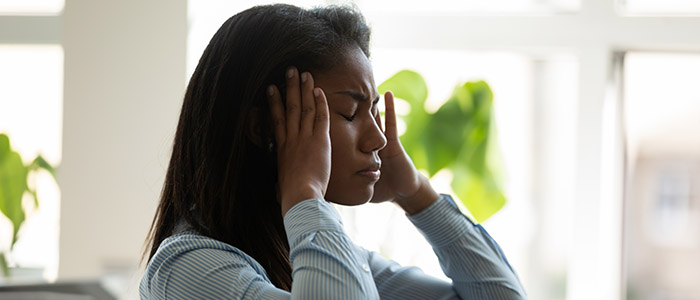
Menopause is a stage in a woman’s life when her periods stop. The ovaries also lose their reproductive function. Usually, this process occurs between the ages of 45 and 55. Some women with Primary Ovarian Insufficiency may go through menopause at a much younger age.
Menopause is influenced by hormones or a change in hormone levels. During a woman’s reproductive life, oestrogen is produced by the ovaries, although the adrenal glands also provide small amounts. Over time, a woman’s estrogen levels fall, and the storage of eggs in the ovary decreases. This process can start from the age of 40, and take several years, during which symptoms start gradually. This gradual change is called the ‘peri-menopause’.
How will I experience menopause?For all women, menopause is a personal experience. The reduction of oestrogen can cause symptoms that can be distressing and may require treatment.
Hot flushes are the most common symptom of menopause, affecting 75% of menopausal women. Other symptoms include low mood, anxiety, insomnia, night sweats, reduced libido, vaginal dryness, urgent urination, dry skin and eyes. Symptoms vary hugely in duration, severity and impact.
The decreasing production of estrogen can also affect other parts of the body, including the brain, causing changes in emotional well-being, and the skin, altering its elasticity and thickness.
Treatment
Menopause treatment is focused on relieving and managing the symptoms of menopause. Some women opt for treatments focused on specific symptoms, like using lubricants for painful intercourse or vaginal dryness. Some women prefer hormone replacement therapy (HRT). HRT has bioidentical hormones to replace some of the hormones that are no longer being produced naturally by the body.
Lifestyle changes such as exercising, eating healthy, stopping smoking, reducing alcohol intake and going for regular screenings can also help manage symptoms.
Request An Appointment
Fill in the form below and we will get in touch with you
